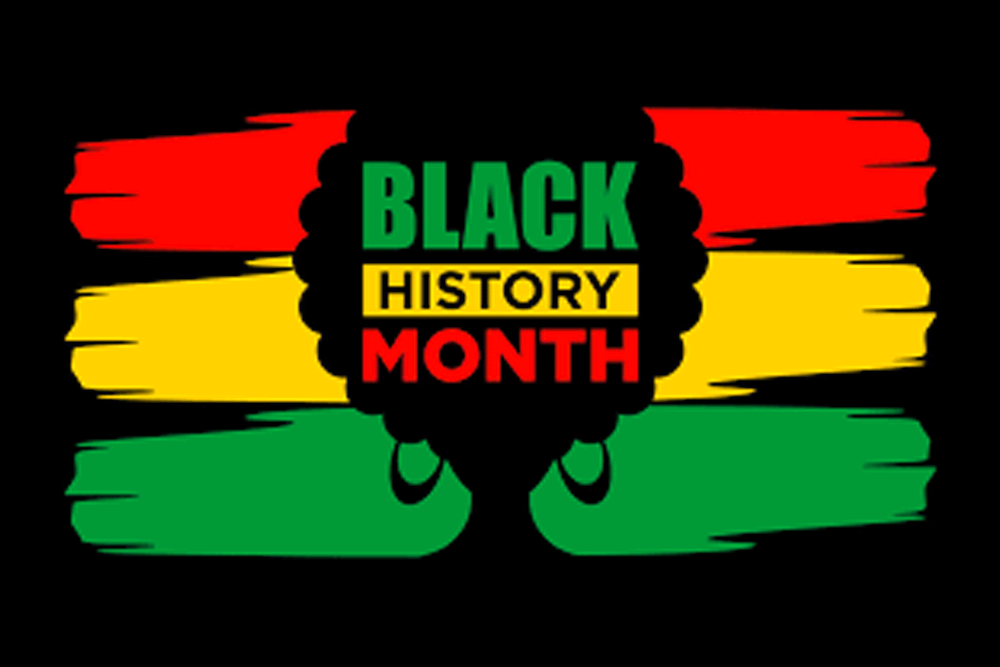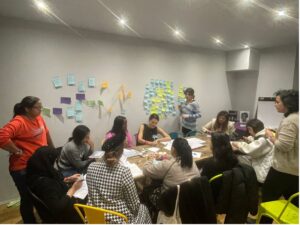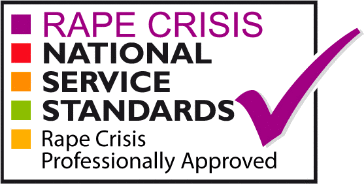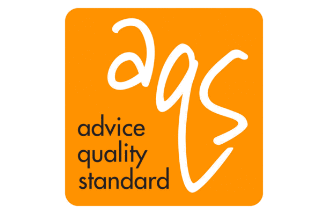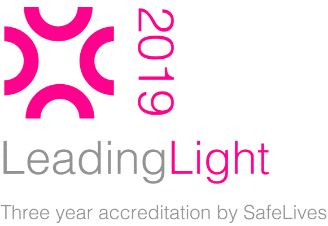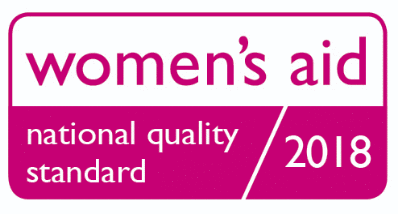What is Black History Month?
Carter G. Woodson was born in Virginia 1875, ‘the son of former slaves’. He was able to attend one of the few high schools for Black students having saved money from working as a coal miner. He went on to gain several qualifications, including a PhD in history from Harvard, and throughout his life he promoted Black history starting with initiating the first Black history week in the US in 1926. He is often referred to as the “Father of Black History”. This has now become a month and is celebrated in the US in February.
Over time the event has become universal, it was first formally observed in the UK in October 1987; which year marked the 150th anniversary of Caribbean emancipation, the centenary of the birth of Jamaican activist, Marcus Garvey and the 25th anniversary of the Organisation of African Unity. Black History Month recognises the experiences, and celebrates the contributions, of Black Britons in the UK.
A particular focus of Woodson’s was to improve the education curriculum to cover the wealth and diversity of Black history and black contributions. This continues to be a concern both in the US and here in the UK. There are a range of resources prepared for Black History Month for schools and other organisations and continuing campaigns to make changes to curricula to reflect this but it is shameful to note that there is much active resistance to introducing Black history content in school curricula. This is just one of many ways in which Black History month is treading a balance between wanting to celebrate and mark achievements of Black Britons in the UK whilst never losing sight of the continuing and pressing need for ongoing activism and campaigning.
nia
nia is very pleased to be celebrating Black History month this October. We are a feminist organisation, committed to the liberation of all women. We are marking Black History month by celebrating and recognising the successes and struggles of the Black women in our own staff team, our service users and our sisters that went before us. With this in mind, this month our activities will be largely internally focussed. Keep an eye on our twitter feed.
Activities
Seminars: We will hold a series of lunch time talks for our staff with women speakers of Black heritage addressing us on a range of topics falling within the broad theme this year of family with all the various challenges and dimensions that this can present for Black women.
Quotes, mythbusters and stories: staff have provided inspirational quotes by Black women and examples of achievements and inventions of Black women. Some of this will be on our website here, others will appear in our twitter.
Service users: Women in our refuges will be taking part with displays, stories, visits and activities.
Celebration: At the end of the month, we hope to wrap up with a bit of celebration, in order to ensure all staff can take part it will be on zoom for now, but we will be marking the month, reflecting on what we are doing and what we will be doing in future and having a bit of fun with whatever staff come up with – recipes, performance, preferred artistes of Black Heritage and we will repeat one of our most popular staff activities whereby staff choose and present the life and achievements of a woman of black heritage to build a timeline and disseminate information about women we should all know about.
While these activities and this focus are linked to Black History Month, there is a broader context to nia’s anti-racism work. Like many other organisations in the wake of the killing of George Floyd and the work of Black Lives Matter, nia has refreshed its approach to anti-racism. It has been a long and difficult 18 months for us all and for our staff who have kept going supporting women victims of male violence throughout this period. Like others, we went into lockdown for most of our services but the refuges have remained fully operational and where women needed face to face support, as they often did, our staff have delivered this. Our staff and service user base is diverse and many of the trends seen in wider society, whereby COVID has a disproportionate impact in many ways for Black, Asian, minoritised and migrant women, are also reflected within our organisation’s experiences. One of our management team has just completed her Masters and her dissertation (distinction) looked at the impact of COVID on Black, Asian and minoritised staff in the violence against women sector – so she will also share some headlines from that with us. We have now established an informal space for Black staff to get together and share experiences with each other and, separate to this, an Anti -Racism Working Group in Summer 2020. We are grateful to staff in these spaces, who have been key in driving our actions, developing our activities for this Black History Month, and so much more.
Of course, it is not just about October. As Audre Lorde said, “revolution is not a one-time event”.

